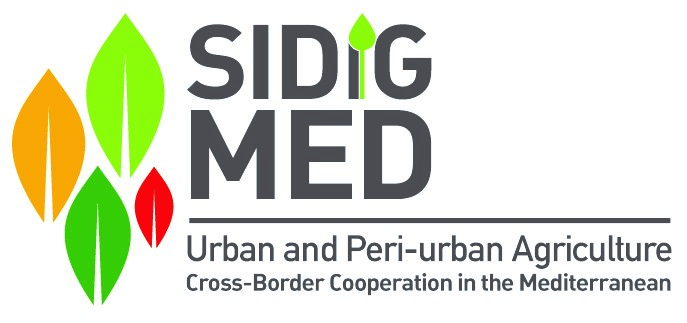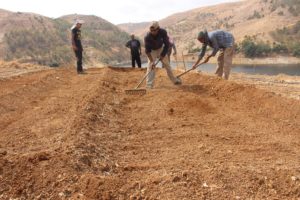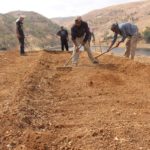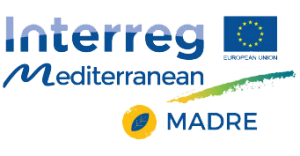11/2013

The SIDIG-MED project (Social and Intercultural DIalogue through Governance for local development: MEDiterranean urban and peri-urban agriculture) aimed at fighting social exclusion and poverty through improved governance and enhanced dialogue in Al-Balqa (Jordan), Rome (Italy), Mahdia (Tunisia) and Barcelona (Spain). Groups at risk of social exclusion were provided with opportunities in urban and peri-urban agriculture (UPA) to become self-sufficient.
Contact details
E-mail : argelich@amb.cat
Facebook : https://www.facebook.com/sidigmed/
Website : http://www.sidigmed.org/
Spain
Stakeholders
∙ Partner authorities: Royal Botanic Garden,
Forestry Department of Al-Balqa / Ministry of
Agriculture (Jordan), Rome Municipality (Italy), Mahdia Municipality (Tunisia), Barcelona Metropolitan Area (BMA – Spain)
∙ Private partner: ESMO Consulting & Beyond (Italy)
∙ Civil society organisations involved in the project:
cooperatives, associations and citizens of the partner cities
Objectives
∙ Improving the capacities of partner cities and public administrations for implementing governance policies and strategies on local UPA
∙ Promoting social and intercultural dialogue through cross-border cooperation in the realm of UPA-related governance issues
∙ Fighting social exclusion and poverty in partner cities by creating income opportunities for marginal communities in UPA
Legal framework & Budget
SIDIG-MED is a European cross-border cooperation project in the Mediterranean. It was coordinated by the Royal Botanic Garden and involved 5 other partners.Activities
The project started with an in-depth analysis of the legal and institutional frameworks of UPA in Jordan, Tunisia, Italy and Spain, the definition of participatory mechanisms for increased participation of local communities in the formulation of new UPA policies, and the development of guidelines and governance models for pilot projects in Al-Balga, Mahdia, Rome and BMA. Then, one pilot project was designed, implemented and tested in each partner city. Can Pinyol Community Gardens are the outcome of the pilot project in BMA. Training sessions were organised to support the introduction of permaculture practices for soil management, rainfall harvesting, soil bed preparation, native seeds conservation, solar energy use, etc>Innovation & Outcomes
The project promoted UPA models based on low cost tools and minimum inputs, tailored to each local context. New governance systems were developed for pilot sites, involving public authorities, associations and other local stakeholders. Appropriate design and management by local associations were key factors of success and sustainability for pilot projects. A total peri-urban agricultural area of 87 m² has been protected and valorised through the project. SIDIG-MED also facilitated experience sharing at the Mediterranean level.87
1 998 647
Main obstacles & Next steps
The main obstacles faced by the project were related to the financing and implementation conditions of the ENPI-CBC-Med Programme. The initial duration of 24 months had to be extended of one year to go through the whole process. Some administrative and political issues also slowed down the progress but did not hamper the achievement of the project objectives.More on :
http://www.sidigmed.org/








